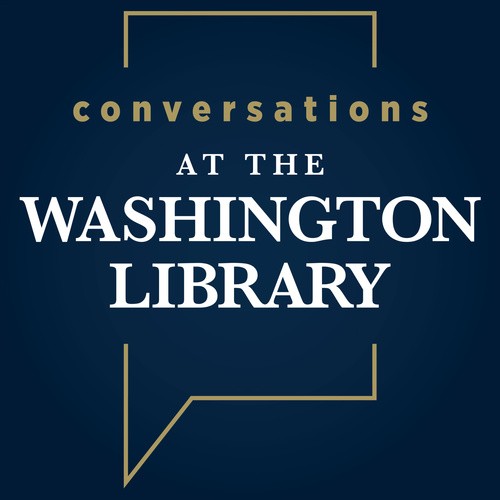
131. Let's Get Digital With Loren Moulds
Leadership and Legacy: Conversations at the George Washington Presidential Library
Episode · 0 Play
Episode · 55:40 · Nov 7, 2019
About
How has technology changed the way that historians and educators tell stories about the past? What does it mean to do "digital history" and how can one get started? On today's episode, Dr. Loren Moulds of the University of Virginia Law Library sits down with Jim Ambuske to explore how technology is enhancing our ability to interpret the past. A historian of 20th century America, Moulds's work on backyard barbecues and federal housing policy shapes the way he thinks about the role technology can play to recover hidden voices from obscure sources. You'll hear about the Law Library's latest projects, including those that deal with early America, and others that reveal some of the darkest moments of the 20th century. About our Guest: Loren Moulds leads the University of Virginia Law Library's efforts to develop online research tools and to promote, create and preserve its digital collections. Moulds received his bachelor's in English and American studies from Kalamazoo College in 2004 and earned a Ph.D. in History at the University of Virginia. He served as the director of the Project for Technology in History Education at the University of Virginia's Corcoran Department of History as well as the technology coordinator for UVA's Digital Classroom Initiative. About our Host: Jim Ambuske, Ph.D. leads the Center for Digital History at the Washington Library. A historian of the American Revolution, Scotland, and the British Atlantic World, Ambuske graduated from the University of Virginia in 2016. He is a former Farmer Postdoctoral Fellow in Digital Humanities at the University of Virginia Law Library. At UVA Law, Ambuske co-directed the 1828 Catalogue Project and the Scottish Court of Session Project. He is currently at work on a book about emigration from Scotland in the era of the American Revolution as well as a chapter on Scottish loyalism during the American Revolution for a volume to be published by the University of Edinburgh Press.
55m 40s · Nov 7, 2019
© 2019 Podcaster